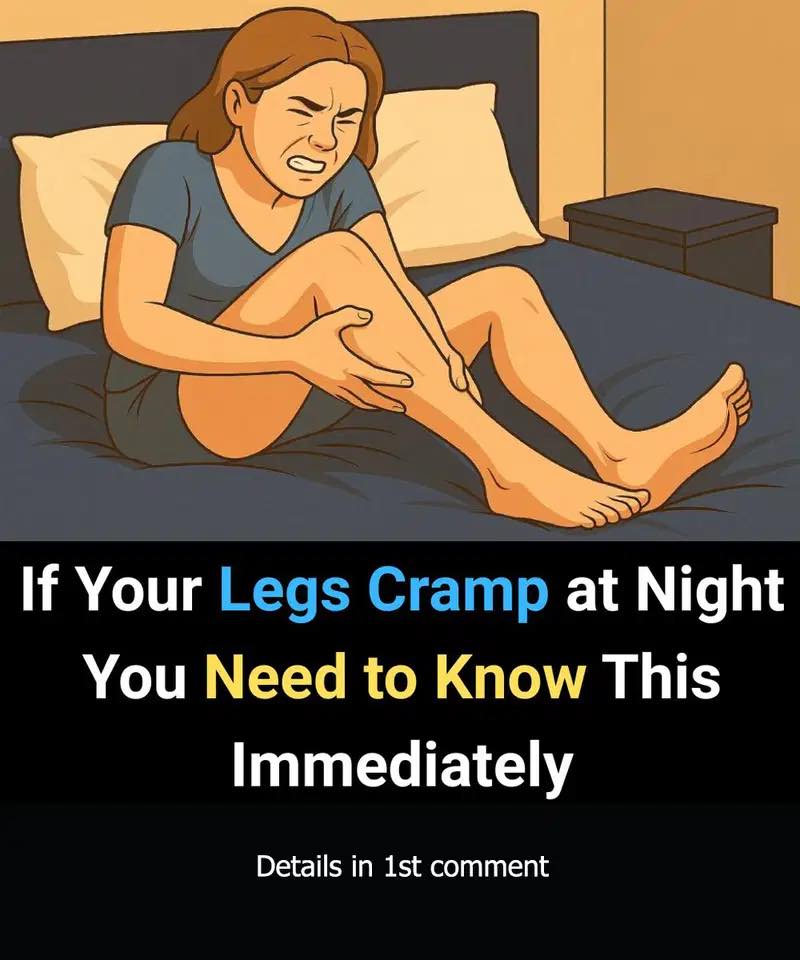
Few things are more frustrating than being jolted awake by a sudden, sharp pain in your leg. Nighttime leg cramps—sometimes called “charley horses”—are involuntary muscle contractions that can last from a few seconds to several minutes. While they’re common, especially among adults and older individuals, the causes are often overlooked. If you’ve ever found yourself clutching your calf in the middle of the night, here’s what you need to know.
What Causes Nighttime Leg Cramps?
Leg cramps at night can happen for several reasons, including:
Dehydration: Muscles need fluid balance to contract and relax properly. Even mild dehydration can trigger cramping.
Electrolyte imbalance: Low levels of magnesium, potassium, or calcium may make cramps more likely.
Sedentary lifestyle: Sitting for long periods without stretching can shorten muscles, making them prone to spasms.
Overexertion: Exercising without properly stretching afterward can lead to tight muscles that cramp later.
Poor circulation: Reduced blood flow can trigger nighttime muscle spasms.
Medications: Certain drugs, like diuretics or statins, are linked to leg cramps.
What You Can Do to Prevent Them
What You Can Do to Prevent Them
Stay Hydrated
Drink water throughout the day, especially if you’re active or in hot weather.
Stretch Before Bed
Gently stretch your calves and hamstrings for a few minutes before lying down.
Check Your Minerals
Ensure your diet includes magnesium (nuts, leafy greens), potassium (bananas, sweet potatoes), and calcium (dairy, fortified foods).
Stay Active
Light walking, yoga, or regular stretching can improve circulation and muscle flexibility.
Watch Your Sleeping Position
Avoid sleeping with your toes pointed down, which can shorten calf muscles and trigger cramps.
Quick Relief During a Cramp
Stretch the muscle: Gently pull your toes toward your shin to ease calf tightness.
Massage: Rub the muscle firmly to help it relax.
Apply heat or cold: A warm towel or heating pad can soothe tight muscles; ice can reduce soreness afterward.
Walk it out: Standing and lightly walking on the affected leg may help release the cramp.
When to See a Doctor
Occasional nighttime cramps are common and usually harmless, but if they’re frequent, severe, or disrupting your sleep regularly, it’s worth speaking with a healthcare professional. Persistent cramps may be linked to circulation issues, nerve conditions, or medication side effects.
Final Thoughts
Nighttime leg cramps may feel alarming, but with the right hydration, stretching, and lifestyle habits, you can reduce how often they strike—and get back to enjoying restful sleep. Remember, prevention is often as simple as staying active and caring for your muscles.